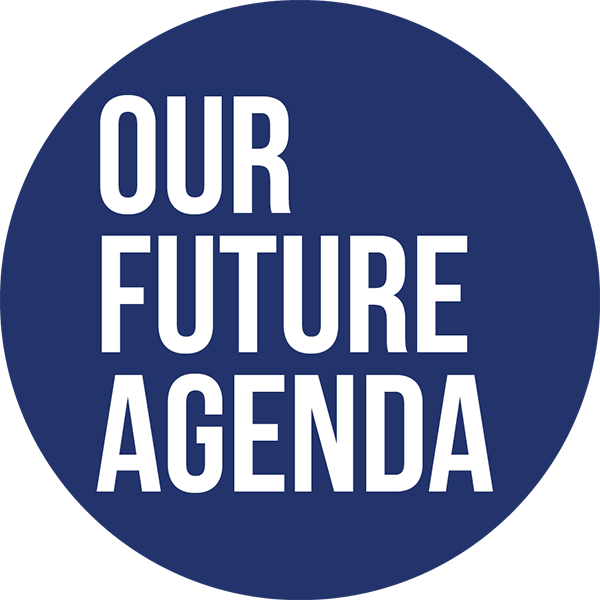Youth in Justice
Unlocking the Next Generation
of Young Justice Leaders
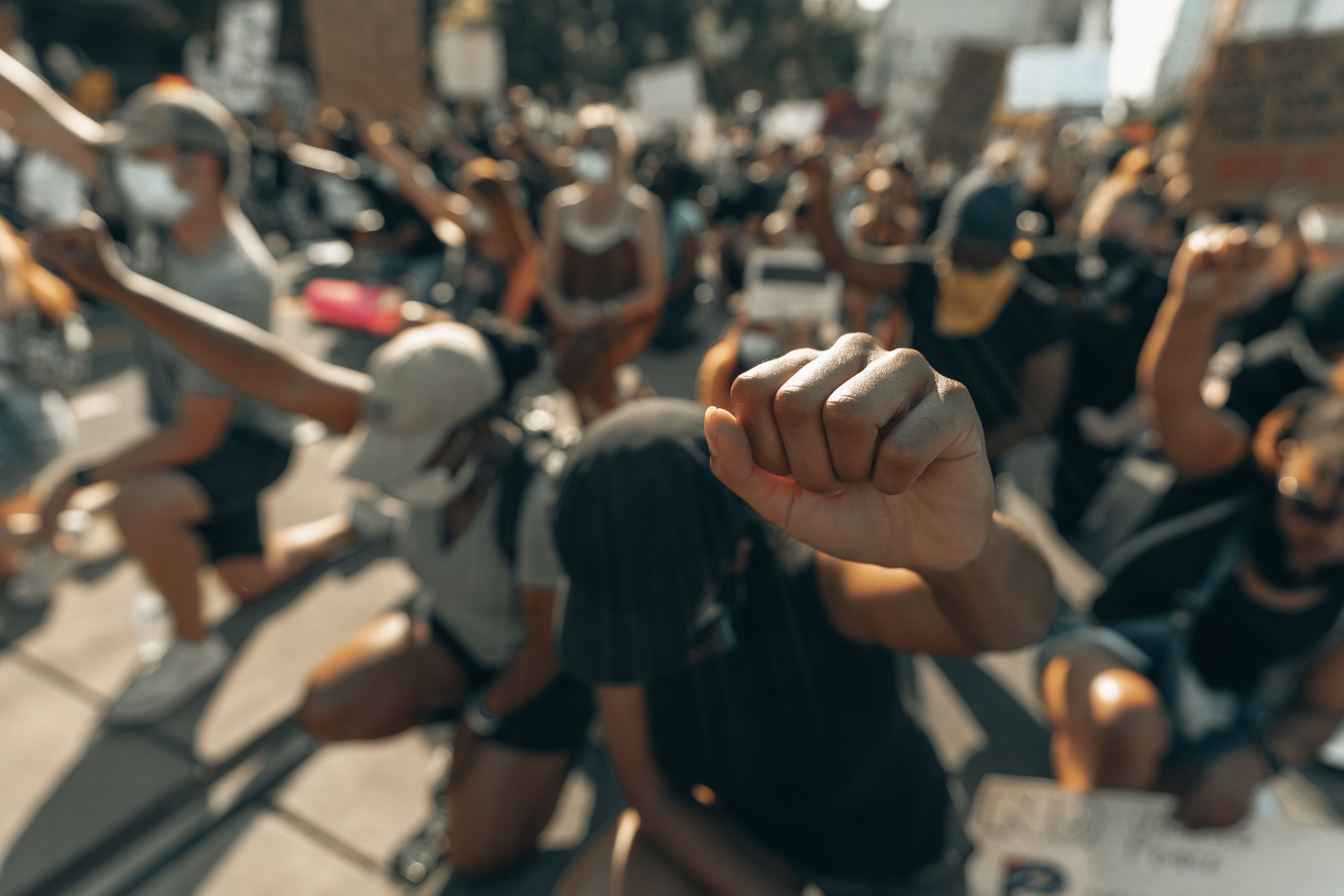
Imagine a continent where nearly 70% of the population is under 30, brimming with energy and potential.
This is Africa today. And by 2100, nearly 40% of a projected 10.3 billion global population will reside here.
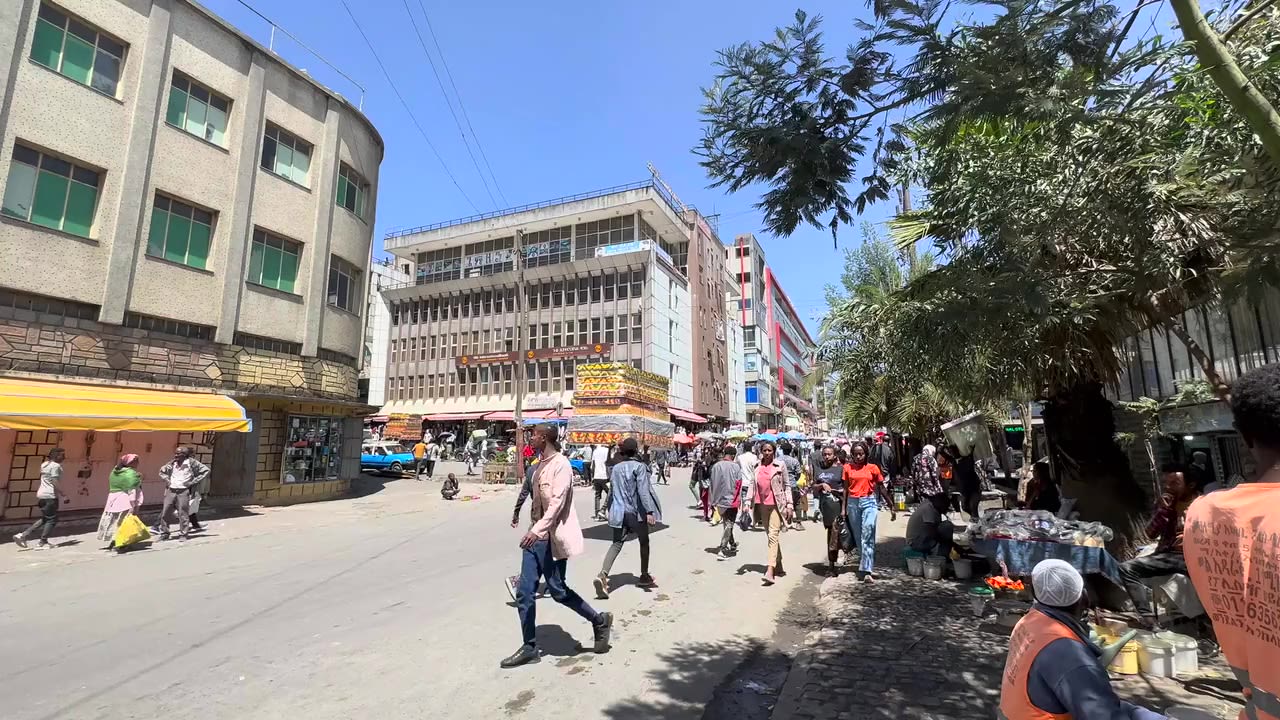

Yet, this vibrancy is over-shadowed by challenges like forced marriage, the legacies of colonialism, unemployment, and struggles for transparent governance.
But there's hope – a new wave of young leaders are rising, determined to redefine justice...

Young Justice Champions
Young African Justice Champions are helping to steer the continent and beyond towards unprecedented justice reforms.
These young leaders are more than participants in the global justice journey; they are the very tide that promises transformative change.
Their role transcends being the leaders of tomorrow; they are the torchbearers of justice today.
As we witness their journey, it becomes evident that supporting them is not just an act of goodwill; it is a commitment to a future where justice is a universal reality, not a conditional aspiration.
Harnessing technology, grassroots mobilization, and cross-border collaborations, young individuals are redefining justice.
These Young Justice Champions - ranging from late teens to early thirties - are reshaping justice narratives across Africa and echoing their aspirations globally.
Their stories, though diverse, unite under a singular theme: the relentless pursuit of a just and equitable world.
In Africa, these champions confront unique challenges, yet their spirit remains unbroken...
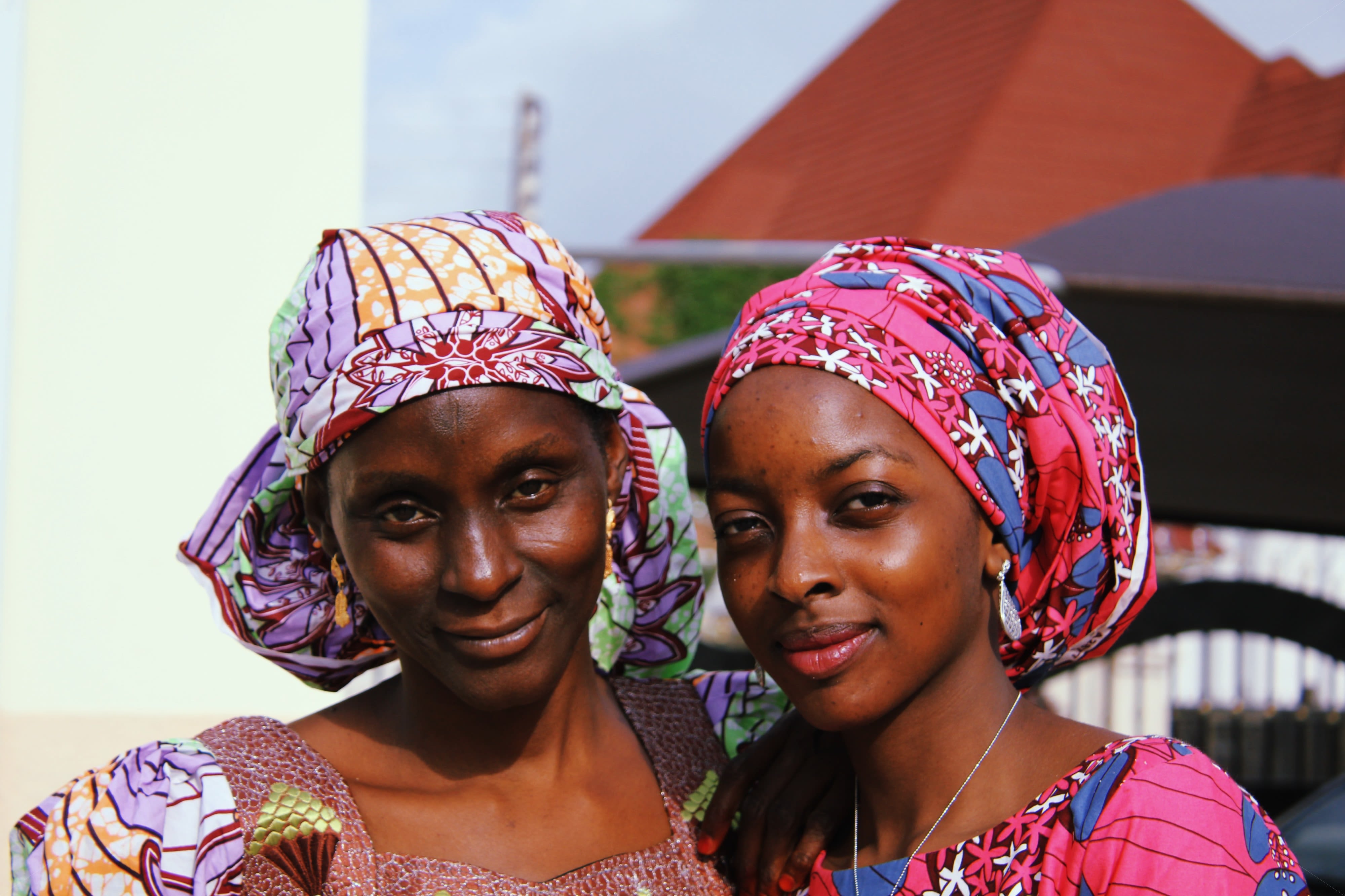
In Sudan, Noura Hussein exemplifies this resilience. She was forced into marriage at the age of 16 and sentenced to death for killing her husband after he raped her.
Her case has shone a spotlight on these issues in Sudan, where the legal age of marriage is only ten and marital rape is legal.
Noura’s case became widely known in Sudan, leading to several campaigns by international human rights organizations.
She has fought tirelessly for women's rights, challenging societal norms and legal hurdles.
In Nigeria, the BudgIT Foundation has been founded by two visionaries in their twenties.
Oluseun Onigbinde and Joseph Agunbiade use digital platforms to promote transparency and accountability in public finance, setting a standard for governance across the continent.
This is crucial because it allows citizens to understand how public funds are utilized, promoting good governance and preventing corruption.
Meanwhile, the Ushahidi project in Kenya - created by Juliana Rotich, Erik Hersman, and Ory Okolloh - is a testament to technology's power in social justice.
By leveraging crowdsourcing and mapping technologies, they've been instrumental in monitoring elections, disasters, and human rights violations, highlighting the critical role of digital tools in advocacy.
As the world changes, how can we help young justice leaders do their best work?
How can we ensure they have the best tools, resources, and frameworks to bring about meaningful change in their communities?
Let's look ahead at multifaceted strategies for empowering young justice leaders – with an emphasis on providing tailored funding, bridging generational gaps in the justice system, and addressing key challenges such as unemployment and educational gaps.
It’s about building an ecosystem that nurtures and enhances the capabilities of young justice champions, tailored to meet the varied needs and potentials of Africa's youth...
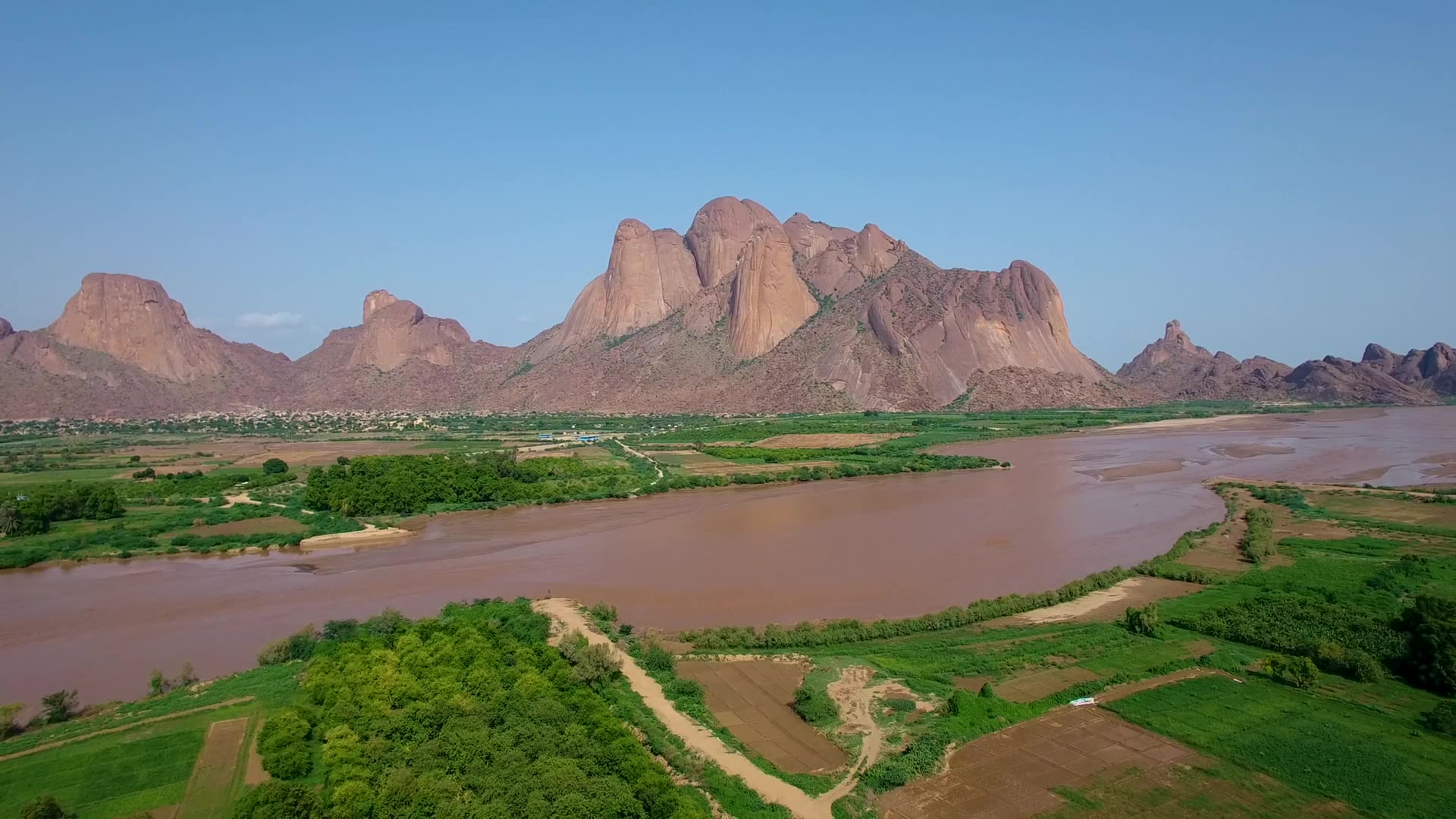
1. Investing in What's Working
The pathway to fortifying our justice systems lies in embracing evidence-based solutions that have demonstrated high-impact and delivered concrete change in people’s lives. These investments demonstrate the importance of building an ecosystem of public services where young justice leaders not only thrive but support their whole communities.
Here are some examples where investing in data has transformed justice systems and improved outcomes for young people:
Modeling Justice Best Practice
Countries like Denmark and Finland consistently score high on global justice indexes. Their systems, grounded in fairness, transparency, and responsiveness, are working on more than just paper and translating into societal well-being.
As the World Justice Project highlights, these nations have invested in strong rule-of-law standards and witnessed increased per capita incomes, superior health outcomes, and elevated educational standards.
Such data-focused systems have empowered their citizens and set benchmarks that can guide global justice reforms.
Making Space for Youth Leadership
UNDP’s Generation 17 initiative supports inspiring young leaders aged 18 to 32 dedicated to innovating for humanity and mobilizing global communities.
Generation 17 provides support, spaces, and opportunities to young leaders who mobilize their communities, work hard to leave no one behind, raise awareness of the Global Goals, and build and implement impactful solutions that help promote prosperity, intergenerational equity, and peaceful, inclusive, just, and resilient societies.
Some of the issues that these young leaders tackle include gender equality, climate action, education, health, and human rights.
Empowering Grassroots
The Global Legal Empowerment Network illustrates how grassroots justice champions can be transformative forces in their communities armed with legal knowledge and advocacy skills.
Similarly, models focusing on equipping young people with specialized legal knowledge can be game changers.
They wouldn't just be beneficiaries of the justice system; they would become its pillars.
Elevating Justice Leaders
BRAC’s Graduation model has uplifted countless individuals from poverty - tailor-made programs for justice leaders can elevate them from challenges to champions. The model combines multiple types of support, such as income-generating assets, training, coaching, consumption support, healthcare, and savings, to help participants, many of whom are justice leaders, overcome the multiple barriers that keep them in extreme poverty.
The model has proven effective in various contexts and countries, such as Bangladesh, Ethiopia, Ghana, Honduras, India, Pakistan, and Peru. According to rigorous evaluations, the model has boosted income, assets, food security, health, and empowerment among the ultra-poor.
The justice leaders that have benefited from the program have become champions of change and transformation in their communities and beyond.
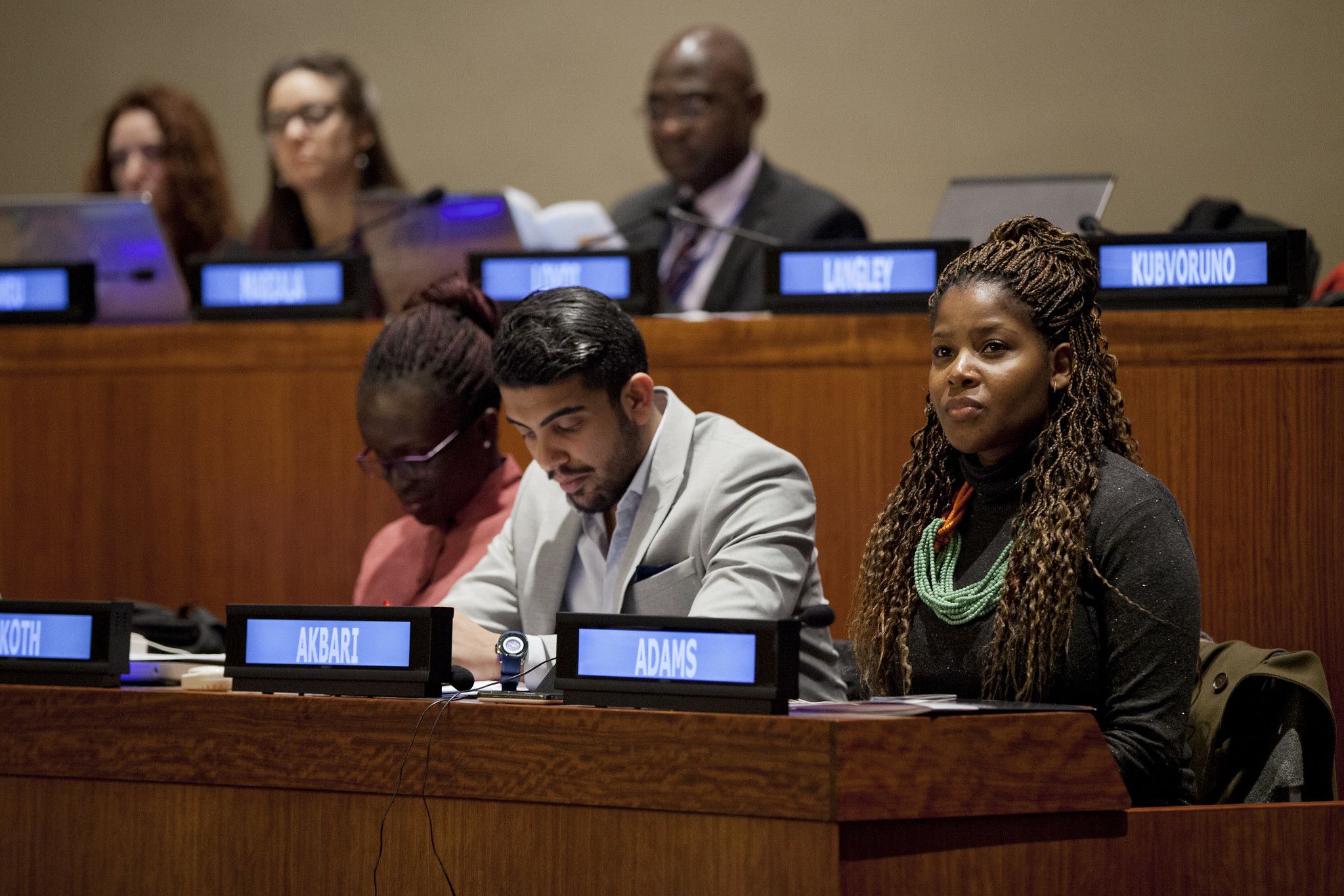
2. Bridging the Generational Gap in Justice
It's evident that traditional justice frameworks, while crucial, might only sometimes align with rapidly evolving societal demands. To address this, fostering platforms for mutual understanding and collaboration between the two generations is paramount. The importance of such intergenerational dialogue is evident in its numerous benefits: enhanced problem-solving capabilities, breaking down stereotypes, and ensuring the justice system remains adaptive and responsive. For instance:
Making Youth Voices Heard
Countries like Norway have pioneered youth involvement in policymaking processes, ensuring that young voices aren't just heard but play a pivotal role in shaping the justice landscape. This active inclusion of youth perspectives helps modernize justice systems, address contemporary issues, and ensure they remain relevant for future generations.
Developing User-Friendly Justice
The growing field of legal design provides exciting opportunities for young people. Initiatives such as HiiL Justice Innovation Labs, and the Stanford Legal Design Lab lead this area. These labs unite young innovators and experienced legal professionals to develop solutions that are not just effective legally but also user-friendly and accessible. Involving the younger generation in these innovation centers ensures that justice solutions stay in tune with current societal needs and technological trends.
For a justice system to be robust and dynamic, embracing intergenerational collaboration isn't just a recommendation; it's a necessity. By actively promoting this integration, we can ensure that the spirit of justice evolves, adapting to new challenges while staying rooted in its core principles.
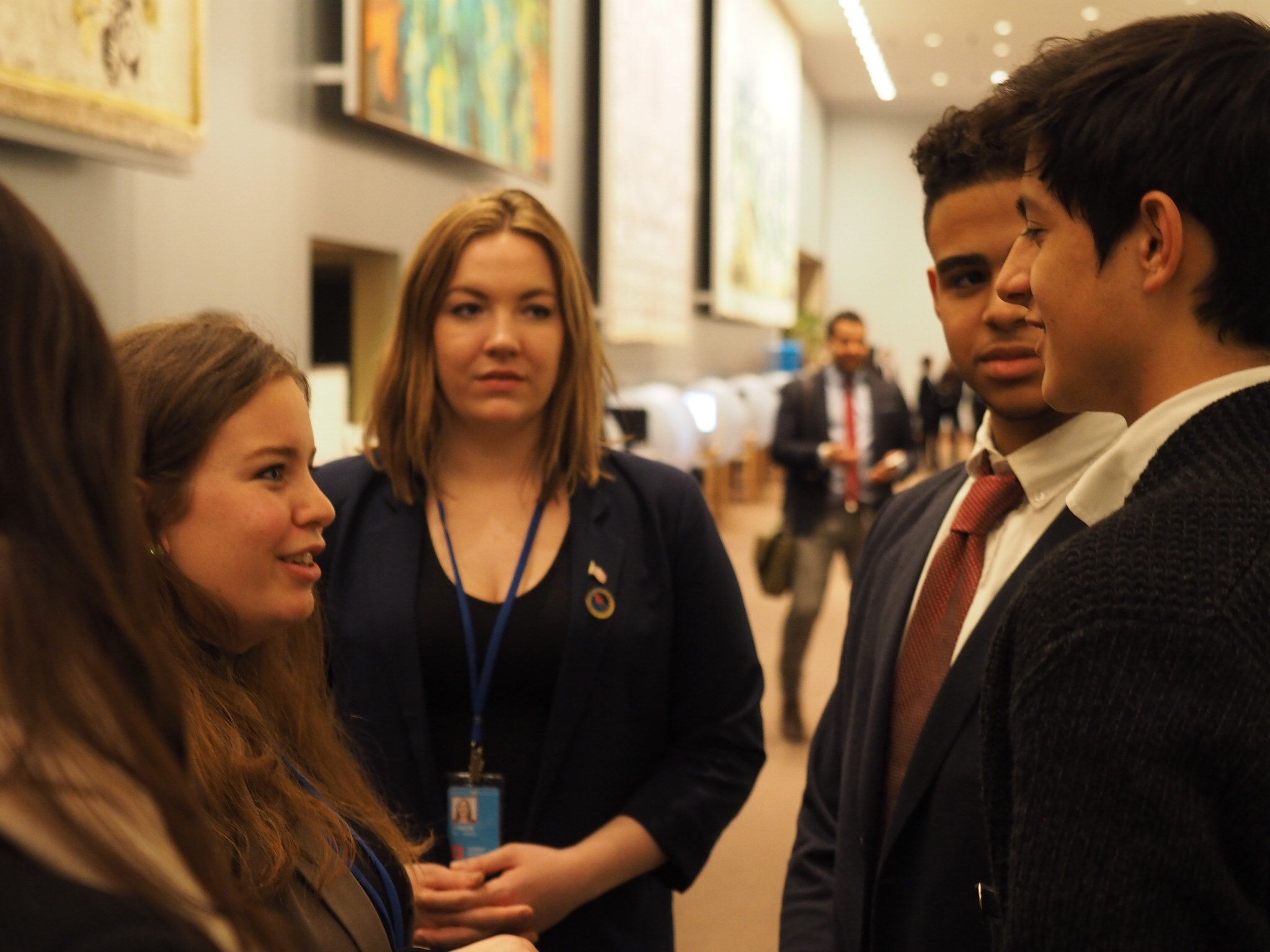
3. Tailored Financial Support for Young Justice Advocates
One significant challenge young justice advocates face is the difficulty in securing adequate and accessible funding for their community projects.
Traditional funding sources often have strict criteria, which can exclude young leaders based on their economic background or lack of experience. This situation necessitates changing the funding landscape to offer more inclusive and alternative options that cater to their needs.
Innovative financial solutions, such as microfinance institutions, have emerged to bridge this gap. These institutions provide small loans to young justice leaders committed to social change. Some notable examples include:
Ushahidi Haiti Project
The success of Ushahidi highlights the impact of innovative financial platforms. With financial support, they have developed and scaled their platform, which has been instrumental in various global causes. For instance, the Ushahidi Haiti Project played a crucial role during the 2010 Haiti earthquake by processing over 40,000 reports in its first month and delivering precise and early information. The platform has also been used to track casualties in Syria and monitor harassment in Egypt. Since its inception in 2008, Ushahidi has reached 2 million users and 17 million unique visitors.
Crowdfunding
Crowdfunding platforms like GoFundMe and Kickstarter offer another avenue for young justice advocates to secure funding. These platforms enable them to present their projects to a worldwide audience, attract donations, and increase awareness about their causes. This method harnesses the power of collective action to enhance their impact.
Youth-focused initiatives
Youth-focused initiatives like the HiiL Justice Accelerator, the Innovating Justice Fund, and the Justice Tech Accelerator, run by the Justice Technology Association, provide young justice entrepreneurs with financial and technical support. These startup support programs assist innovative justice services that tackle various legal issues, from land disputes to human rights violations, helping these initiatives to expand their reach, impact more lives, and achieve sustainability.
Skills building and mentoring
Skills building and mentoring initiatives, such as South Korea's digital literacy program or India's Skill India campaign have enhanced young people's employability, productivity, and empowerment. These programs have provided young people with the skills and knowledge to manage these resources effectively and make informed decisions for the greater good of their communities.
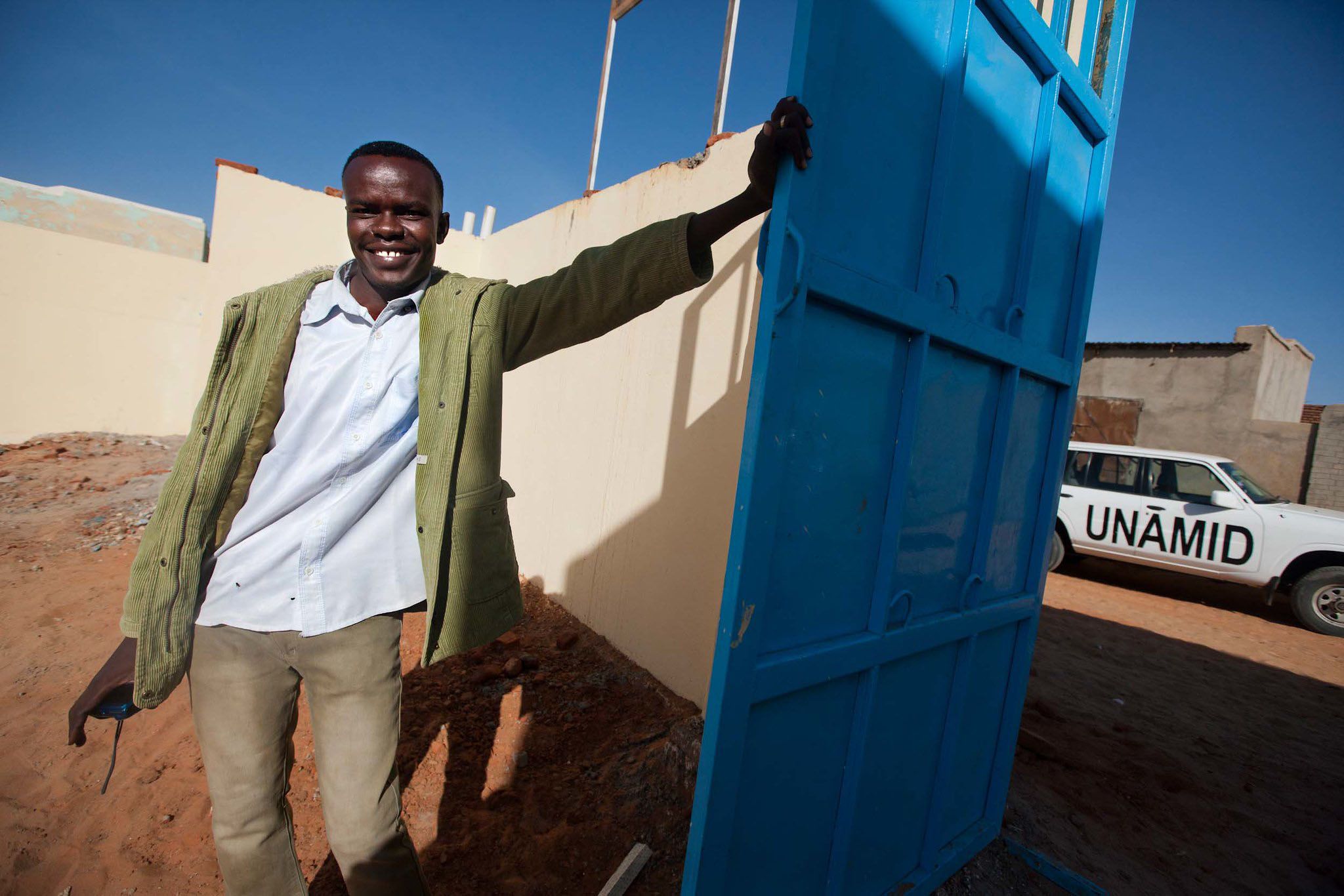
Understanding the journey of young justice leaders, particularly from the diverse tapestry of African nations, reveals many challenges that often hinder their progress and impact.
These obstacles not only shed light on the resilience of young justice leaders but also highlight areas where support is crucial.
Here are three stumbling blocks posing challenges to Young Justice Leaders right now...

Stumbling Block 1: Institutional Biases and Stereotypes
Confronting the challenges that arise in the realm of justice, young leaders frequently encounter the deep-rooted issue of institutional bias. Such biases often operate subtly, making them harder to pinpoint and challenge. Ageism is a particularly pervasive form of this bias, where young leaders' enthusiasm, passion, and innovative ideas are sometimes overshadowed by the perception that they lack experience or maturity. This underestimation can lead to their proposals and solutions being dismissed or their roles marginalized.
Furthermore, this problem is accentuated in many African nations, where traditional hierarchies and societal constructs often precede older generations. The cultural reverence for age, while fostering respect for elders, can inadvertently silence the fresh perspectives and modern solutions that the youth bring to the table, especially when these ideas are at odds with established ways of thinking.
Take, for instance, the experience of a young Kenyan activist. Despite the tangible positive outcomes of her initiatives, she frequently found herself excluded from community discussions. Her age became an inadvertent barrier, with community members questioning her capacity to contribute meaningfully to discussions they believed required a lifetime of experience. Such instances underscore the need for a shift in mindset, where young leaders are not just seen as beneficiaries or passive participants but as contributors with unique insights crucial for modern problem-solving.
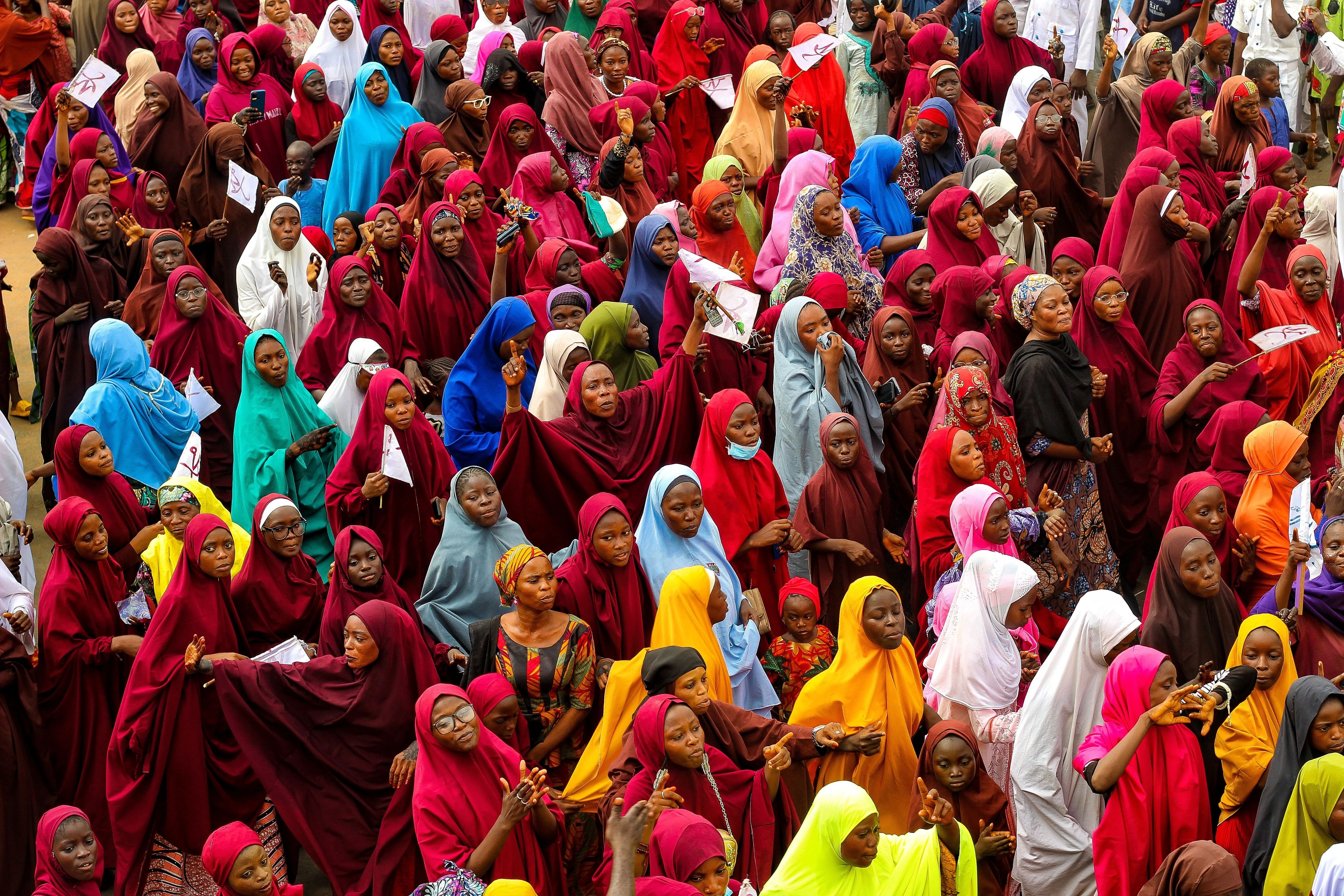
Stumbling Block 2: Technological Limitations and the Digital Divide
The digital divide poses a significant barrier to young justice leaders. Many lack access to essential technological resources, such as reliable internet connectivity. In many parts of the world, especially in developing countries, reliable internet connectivity is not a given. This lack of access hinders young justice leaders from staying connected with their peers, accessing online resources, and participating in digital advocacy efforts. It also limits their ability to use modern legal software that could streamline their work and increase their efficiency.
Moreover, the digital divide is not just about access to technology. It also involves the ability to use technology effectively. Many young leaders lack the necessary digital literacy skills to harness technology's power for legal advocacy. This includes skills such as data analysis, online research, digital communication, and more.
Overcoming the digital divide requires concerted efforts from various stakeholders. This includes governments that can invest in infrastructure to improve internet connectivity, educational institutions incorporating digital literacy into their curricula, and non-profit organizations providing resources and training for young justice leaders. We can empower young justice leaders to drive social change in their communities by bridging the digital divide.

Stumbling Block 3:
Socio-Cultural Barriers
Traditional norms and values have guided societies for centuries across the vast and culturally rich continent of Africa. However, in the context of justice leadership, some of these sociocultural practices present substantial barriers for young individuals, particularly women, who aspire to make a difference in their communities.
In many African societies, hierarchical structures often prioritize elder voices over those of younger generations. Although rooted in respect and wisdom, this age-based reverence can sometimes overshadow the innovative ideas and solutions younger minds propose.
Furthermore, when combined with gender expectations, the situation becomes even more complex. In numerous cultures, young women are often expected to assume primarily domestic roles, with leadership or public positions considered inappropriate or taboo.
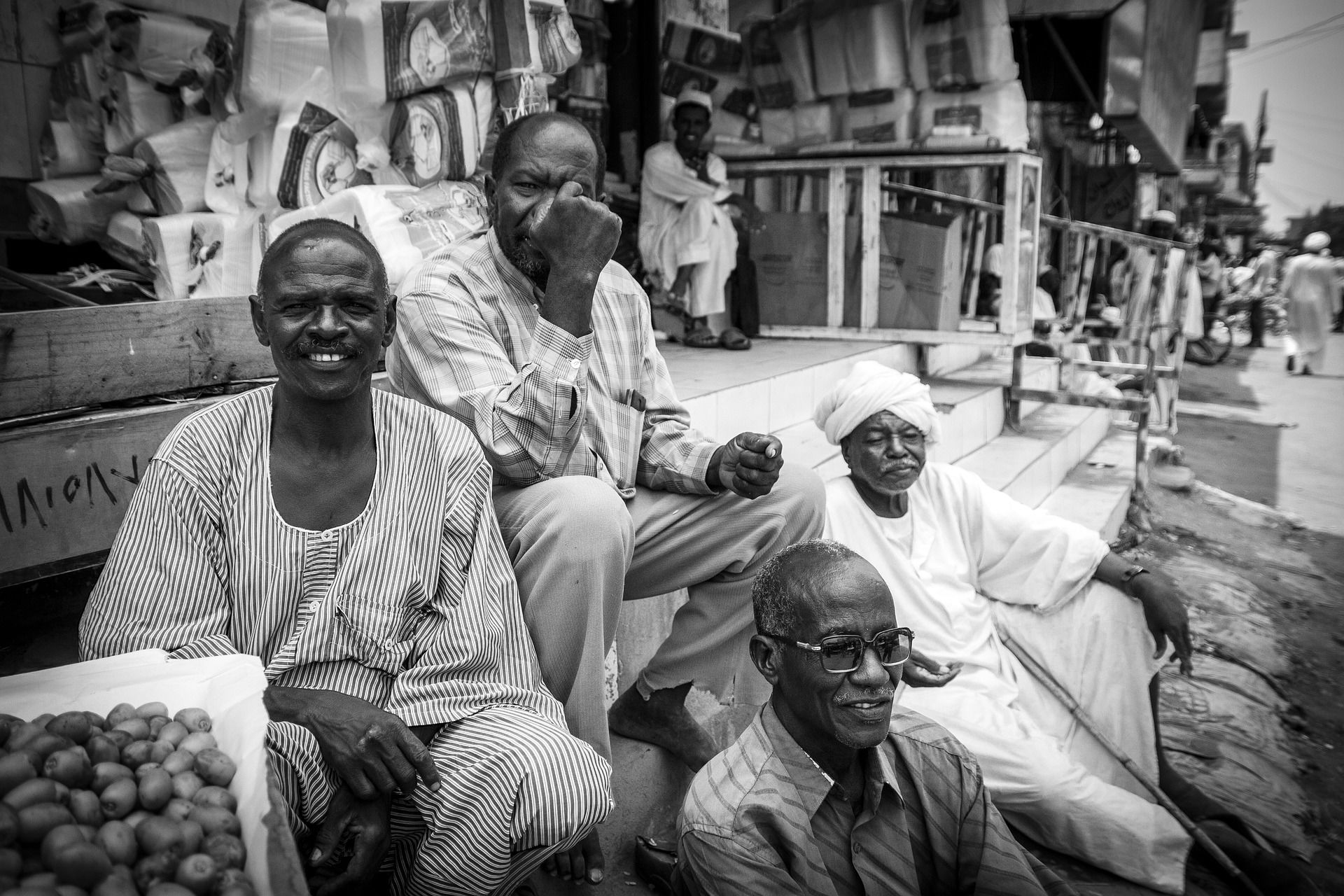
As we chart the course towards a brighter future, it is clear that the young justice leaders are at the forefront of driving change.
To turn their potential into impactful reality, we must collectively commit to a strategic plan that not only recognizes but also amplifies their strengths.
Here's how we can make a difference...

Invest in Education
Prioritize access to quality education as part of larger ecosystem of people-centered services, especially in regions like Sub-Saharan Africa and South Asia. Focus on legal and civic education to build a foundation for the next generation that cultivates and empowers young justice leaders.
Create Nurturing Environments
Establish spaces for experimentation, innovation, and development of new justice services that prioritize the needs of young people. Offer regulatory sandboxes for testing innovative ideas without traditional legal constraints and bureaucratic huddles.
Ensure Adequate Funding and Resources
Streamline access to financial resources for young justice initiatives, providing more space for young people to ideate, build, and scale. Remove bureaucratic barriers and introduce transparent funding mechanisms.
Support with Expert Guidance and Training
Connect young leaders with mentors and experts in the field, generating more opportunities for cross-generational dialogues and learning. Provide training programs that offer practical skills and legal knowledge.
Foster Community Engagement and Support
Encourage communities to stand behind and uplift their young leaders, driving action on the Sustainable Development Goals for the benefit of all generations. Promote a shared, bottom-up vision of sustainable growth and empowerment that captures the aspirations for the future of young people and their communities.
Amplify Voices of Young Leaders
Give intergenerational platforms to young justice leaders to share their ideas and successes at all levels, breaking down silos across sectors, issues, and demographics. Encourage dialogue and collaboration between generations for a more collective approach to tackling current and future justice challenges.
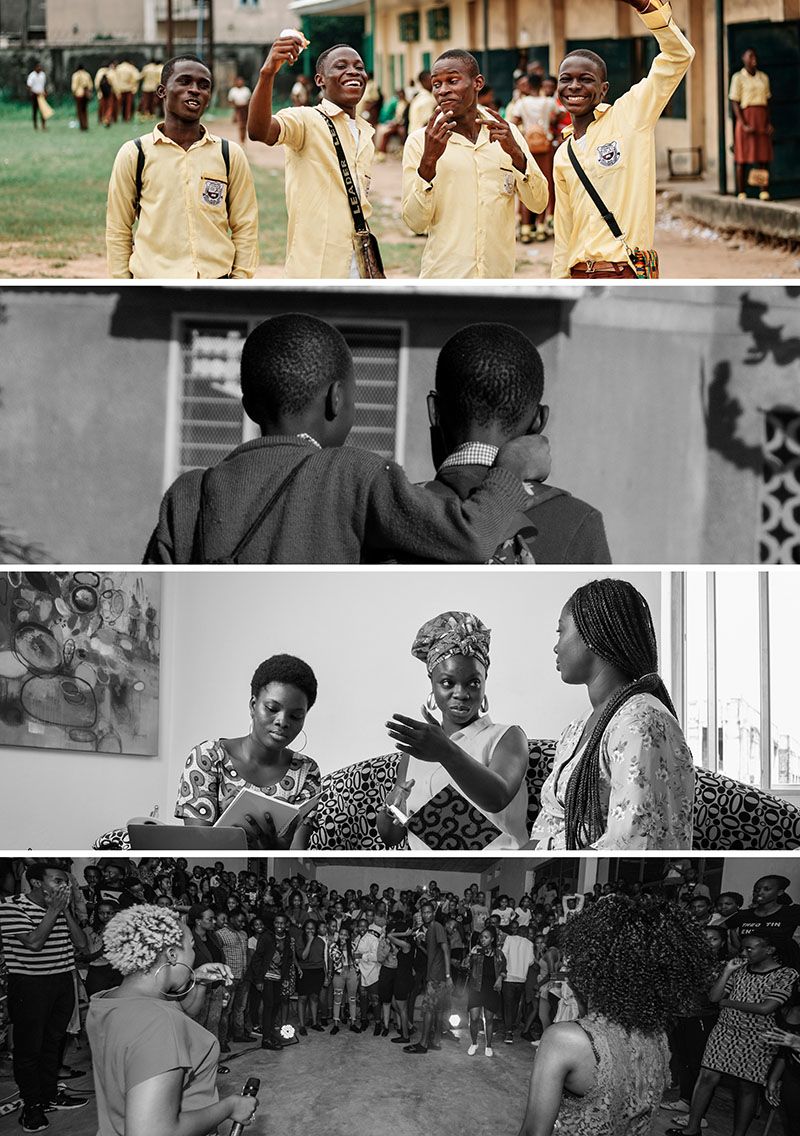
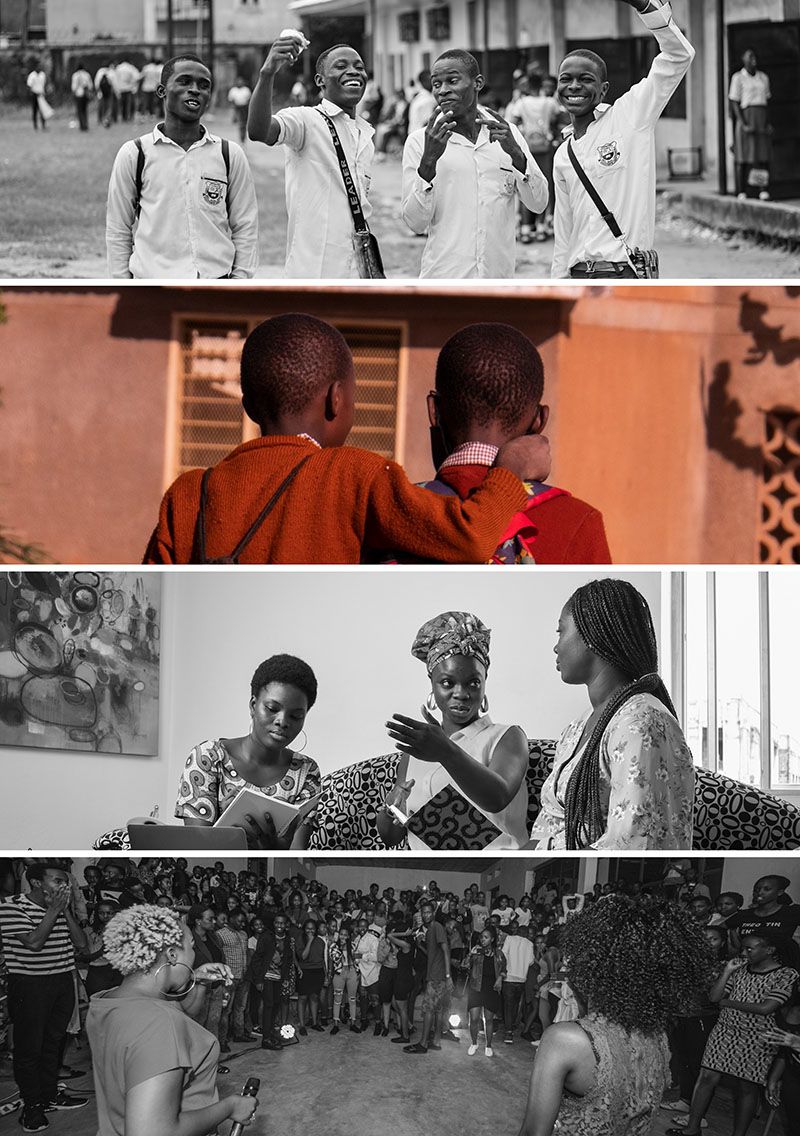
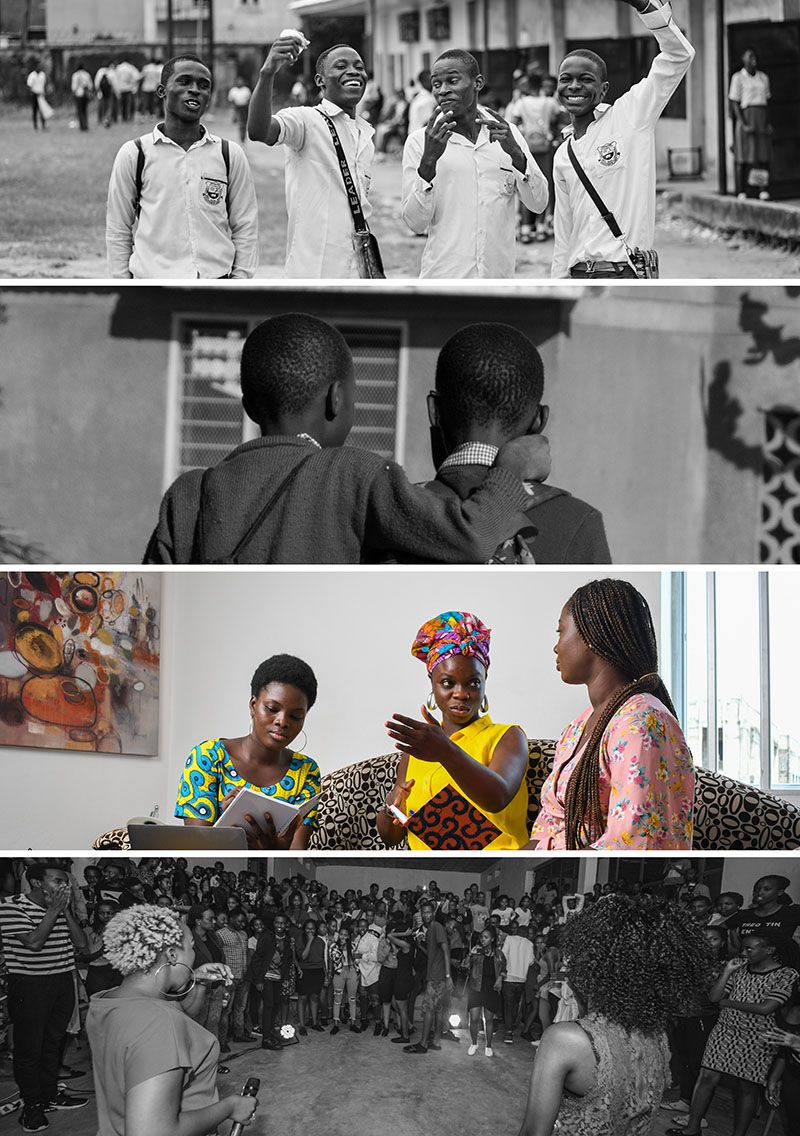
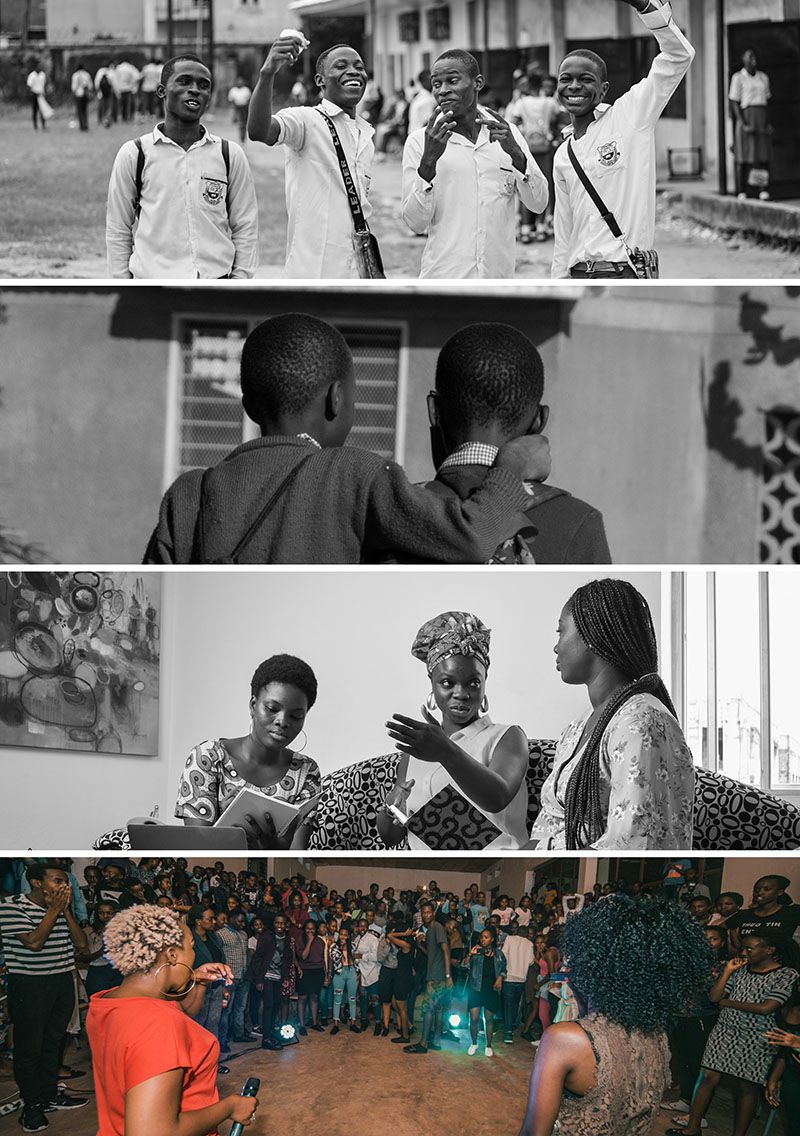
As we unite in these efforts, we pledge more than mere support; we commit to a world where justice, equity, and sustainability are not just aspirations but realities.
Our young people are not just the leaders of tomorrow; they are the changemakers of today.
Let us support them, provide them with the necessary resources and opportunities, and together, illuminate the path to a more peaceful, innovative, and prosperous future for all.


Kelechi Achinonu
Kelechi is a Nigerian lawyer & UN Foundation Next Generation Fellow for Justice, she implements user-friendly justice programs as Regional Head at HiiL, West Africa.

Ronald Lenz
Ronald is the Programme Director of the Justice Accelerator, and Programme Director for the MENA region at HiiL.
